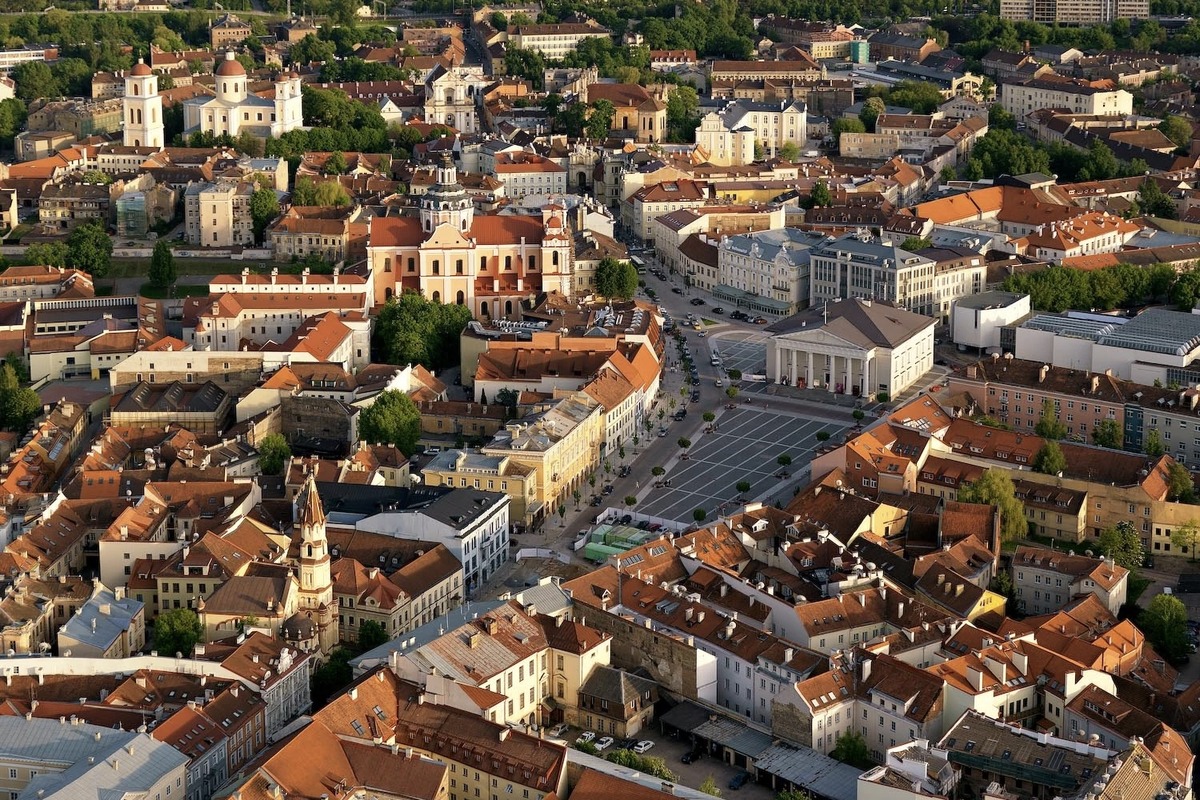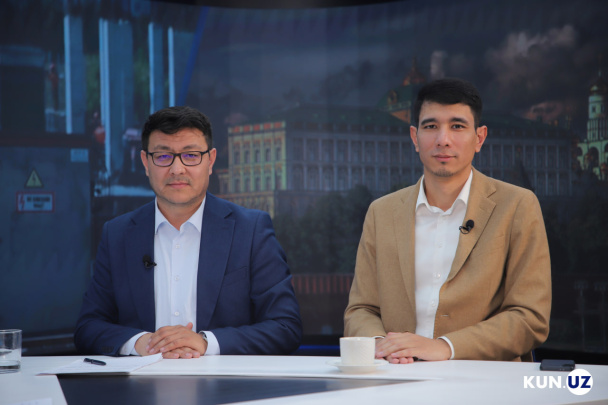Lithuania to cap influx of low-skilled workers from Non-EU countries
Starting January 1, 2025, Lithuania will implement a strict quota on the recruitment of low-skilled foreign workers from non-EU countries. The new policy, which was approved by the Lithuanian Parliament in June 2024, aims to regulate the influx of migrant labor and address security concerns.

Photo: Tripadvisor
Under the new regulations, the annual limit for non-EU workers will be set at 1.4% of Lithuania’s permanent population, equating to approximately 40,000 people per year. These rules will only apply to new arrivals, meaning that foreign workers who are already in the country will not be affected. Once the quota is reached, only foreigners who earn wages above a specified threshold or work in professions listed as high-demand will be eligible to obtain a temporary residence permit.
Additionally, as of July 1, 2024, foreign nationals are no longer allowed to work in Lithuania without holding a temporary residence permit.
Sharp Increase in Foreign Workers from Central Asia
According to Lithuania’s Migration Department, around 80,000 temporary residence permits were issued in 2023 based on employment, marking an eightfold increase from 2017. The largest numbers of migrant workers come from Belarus, Ukraine, Uzbekistan, Kyrgyzstan, and Tajikistan, most of whom are employed in low-skilled jobs.
The head of Lithuania’s State Security Department raised concerns about the growing influx of migrants from Central Asia, noting that the number of arrivals from this region has increased 14-fold since 2021. This surge poses counterintelligence and terrorism risks, as the department lacks sufficient resources to screen all incoming migrants.
Despite these concerns, Lithuanian Prime Minister Ingrida Šimonytė emphasized that the overall number of migrants remains relatively small and should not be used to stoke fear among the population. "Yes, there have been issues, and some of these have been partially resolved by the laws already in place. I believe that with the introduction of the quota in 2025, we will have additional regulatory measures to address these concerns," she stated.
The new quota system reflects Lithuania’s efforts to balance its labor market needs while addressing national security risks associated with uncontrolled migration.
Related News

19:26 / 19.12.2024
Uzbek migrants contributing more to economy than gold exports

19:28 / 16.12.2024
Burdened by expectations: Silent struggles of migrant workers

14:57 / 16.12.2024
Who will protect citizens of Uzbekistan abroad? Ministry of Foreign Affairs faces criticism over inaction

14:56 / 16.12.2024



